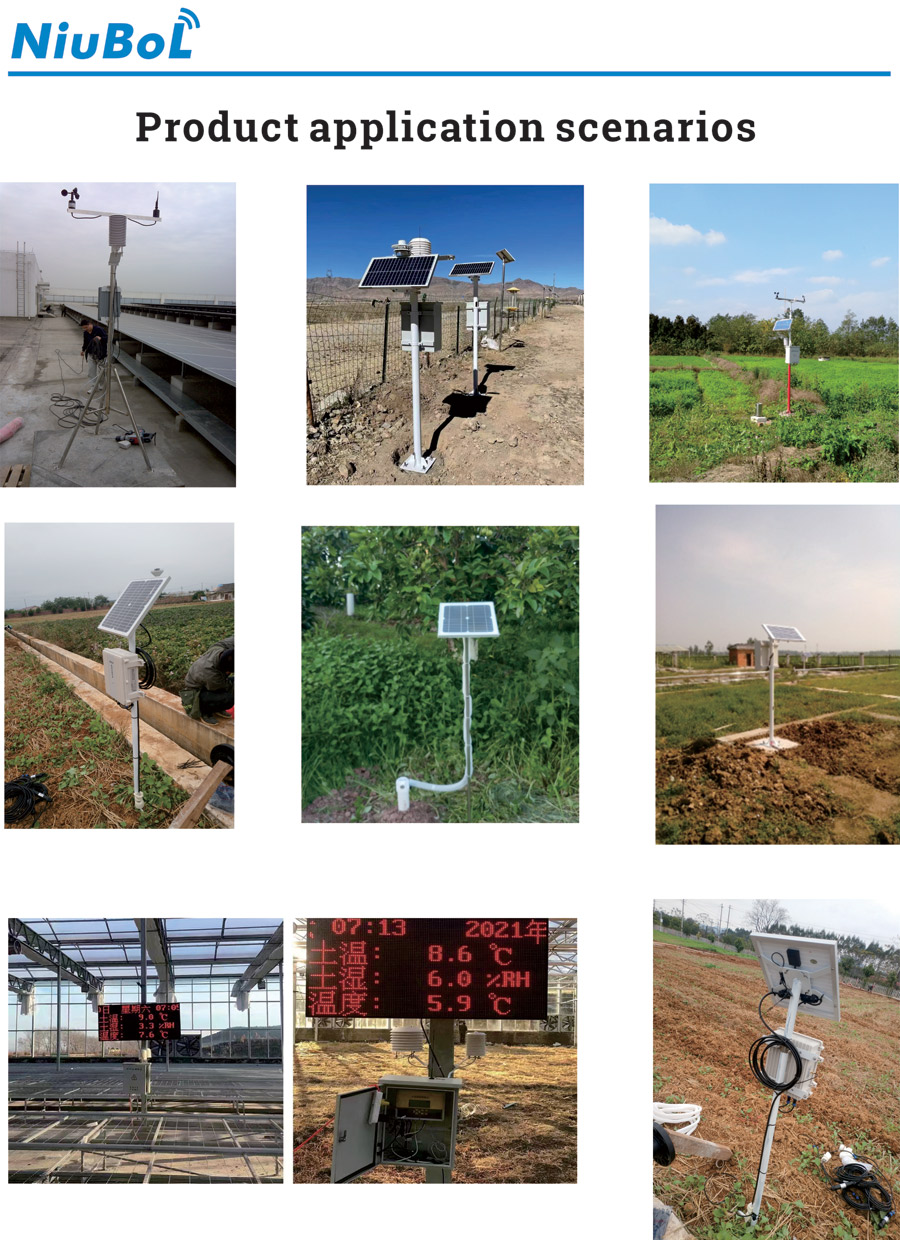

— Blogs —
—Products—
 Consumer hotline +8618073152920
Consumer hotline +8618073152920 WhatsApp:+8615367865107
Address:Room 102, District D, Houhu Industrial Park, Yuelu District, Changsha City, Hunan Province, China
Product knowledge
Time:2023-11-07 16:08:02 Popularity:667
With the continuous development of science and technology, the application of sensor technology in the field of agriculture is becoming more and more widespread. Among them, soil monitoring sensors play a crucial role in soil management and agricultural productivity improvement. These sensors are capable of monitoring various parameters of the soil in real time, providing farmers with accurate information to make informed agricultural decisions.
The main function of soil monitoring sensors is to collect and transmit soil data, including but not limited to soil moisture, temperature, pH, nutrient content, and more. This data is extremely valuable to farmers, helping them understand the health of the soil, predict crop growth trends, develop accurate irrigation and fertilization schedules, and more.
With the help of soil monitoring sensors, farmers can allocate water more rationally, reduce waste and improve water utilization efficiency. At the same time, by monitoring soil nutrient conditions in real time, they can accurately determine when fertilizer needs to be applied and avoid the negative impacts of over-fertilization on the soil and the environment. In addition, these sensors can help farmers identify and address soil pests and diseases in a timely manner, reducing losses.
The applications of soil monitoring sensors are not limited to farmland. In forestry, horticulture, lawn management and other scenarios, these sensors also have a wide range of applications. By monitoring the soil environment and plant growth in real time, a more scientific maintenance program can be developed to improve the growth quality and resilience of plants.
Although the application of soil monitoring sensors in agriculture has achieved remarkable results, there are still some challenges. For example, the accuracy and stability of the sensors need to be further improved to avoid misleading farmers to make wrong decisions. In addition, the maintenance and updating of sensors need to be enhanced to ensure their long-term stable operation.

In conclusion, soil monitoring sensors play a crucial role in sustainable agricultural development. By monitoring the soil environment and plant growth in real time, more scientific agricultural decisions can be made to improve water utilization efficiency, reduce waste, protect the environment, and improve crop yield and quality. With the continuous progress of technology and the continuous expansion of the scope of application, we have reason to believe that soil monitoring sensors will make a greater contribution to the sustainable development of agriculture in the future.
Related recommendations
Sensors & Weather Stations Catalog
Agriculture Sensors and Weather Stations Catalog-NiuBoL.pdf
Weather Stations Catalog-NiuBoL.pdf
Related products
 Combined air temperature and relative humidity sensor
Combined air temperature and relative humidity sensor Soil Moisture Temperature sensor for irrigation
Soil Moisture Temperature sensor for irrigation Soil pH sensor RS485 soil Testing instrument soil ph meter for agriculture
Soil pH sensor RS485 soil Testing instrument soil ph meter for agriculture Wind Speed sensor Output Modbus/RS485/Analog/0-5V/4-20mA
Wind Speed sensor Output Modbus/RS485/Analog/0-5V/4-20mA Tipping bucket rain gauge for weather monitoring auto rainfall sensor RS485/Outdoor/stainless steel
Tipping bucket rain gauge for weather monitoring auto rainfall sensor RS485/Outdoor/stainless steel Pyranometer Solar Radiation Sensor 4-20mA/RS485
Pyranometer Solar Radiation Sensor 4-20mA/RS485
Screenshot, WhatsApp to identify the QR code
WhatsApp number:+8615367865107
(Click on WhatsApp to copy and add friends)